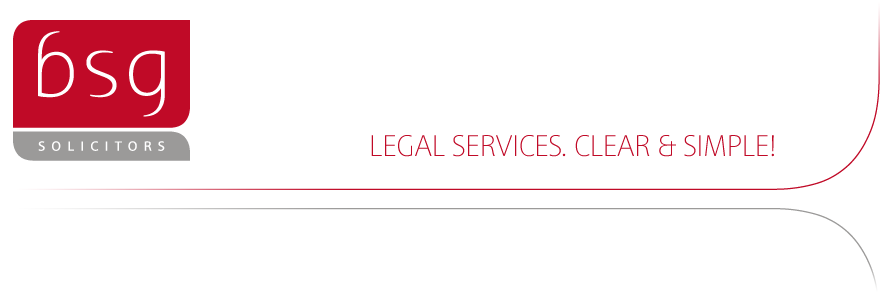Despite opposition from the Law Society, fees payable to the
Court to issue proceedings in respect of civil disputes went up considerably
this year.
In particular, there was introduced fee charging as a
percentage of the value of the claim for a Court issued claim of 5% for claims
in excess of £10,000.00 up to £200,000.00. At a time when the prices of
almost everything else are steady or coming down, the 5% charge for admissions
to the Courts means that the fee for a money claim of £50,000.00 has gone up
from £310.00 to £2,500.00 an increase of in excess of 700%!
Issuing Court proceedings has always been viewed as a last
resort and there is now even more need to try and resolve a dispute without
issuing Court proceedings.
A few years ago Pre-Action Protocols for a number of
different areas of disputes were introduced together with a Practice Direction
(Pre-Action Conduct). The aims of these are to enable the parties to
settle claims before the start of Court proceedings.
The Practice Direction on Pre-Action Conduct was replaced
with a new one on 6 April. This contains many provisions that apply in
all cases whether or not a specific Pre-Action Protocol applies.
The objectives include that there be early notification of a
claim together with details of what is being claimed, to encourage the parties
to exchange information and documentation, to discourage premature issue of
Court proceedings when negotiations or a settlement are either in train or
possible and to consider Alternative Dispute Resolution (ADR) to assist to a
settlement.
A Judge will expect the parties to have exchanged sufficient
information and documentation so they understand each other’s position, make
decisions about how to proceed and reduce the costs of resolving the
dispute. Only reasonable and proportionate steps should be taken by the
parties to identify, narrow and resolve the legal, factual or expert
issues. The costs incurred should be proportionate and if a party incurs
disproportionate costs, they will not be recoverable from the other party as
part of the costs of the proceedings.
Before issuing Court proceedings, the parties to the dispute
should take a number of steps. A letter should be sent setting out the
details of the claim which should be replied to within a reasonable time (14
days to 3 months depending upon the complexity). The parties should
consider whether negotiation or some other form of ADR might enable them to
settle their dispute without commencing Court proceedings including there being
a mediation where a third party facilitates a resolution. A parties’
silence in response to an invitation to participate (as well as a refusal to
participate in ADR) might be considered unreasonable by the Court and so it
could order that that party pay additional costs. Parties are now
required to review their respective positions if their dispute has not been
resolved after they have taken the above steps. In all cases, parties are
now required to consider the papers and evidence to see if proceedings can be
avoided and, at least, seek to narrow the issues in dispute before Court
proceedings are commenced.
We would therefore advise that if you have a dispute you
instruct us at an early stage so we can ensure that you comply with what is
required of you and try to resolve the dispute at a lower cost to you than if
Court proceedings are commenced, taking into account the amount of the Court
fee to issue proceedings. If it is not possible to resolve the dispute
without Court proceedings being issued, for example because there is no
response form the other party, we will advise you in respect of that.
Please contact Keith Parr, Partner, on 01772 253841, kgp@bsglaw.co.uk or by post so you have
somebody very experienced in these matters on your side.
